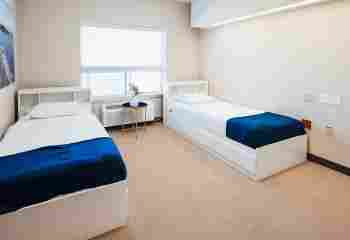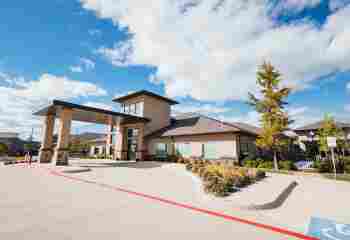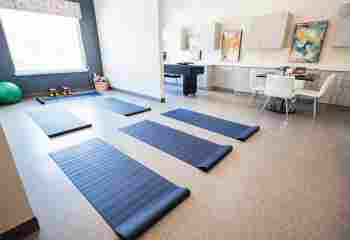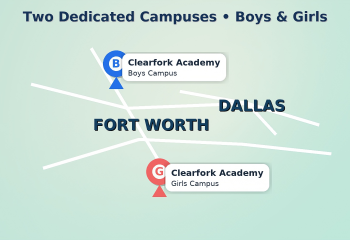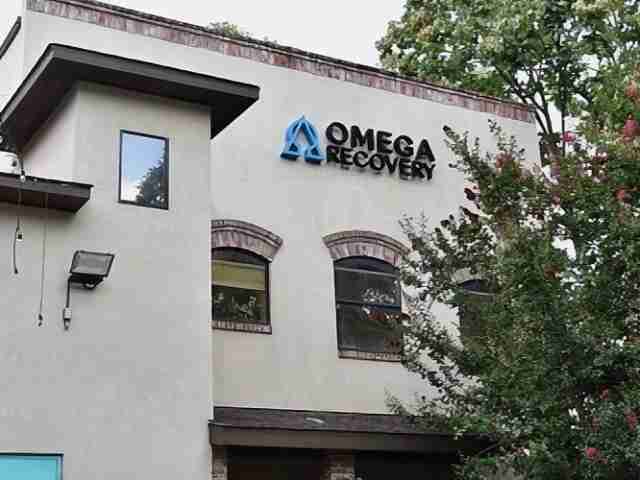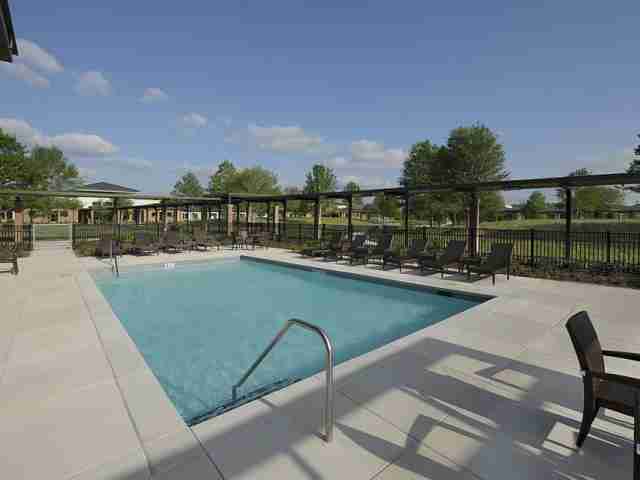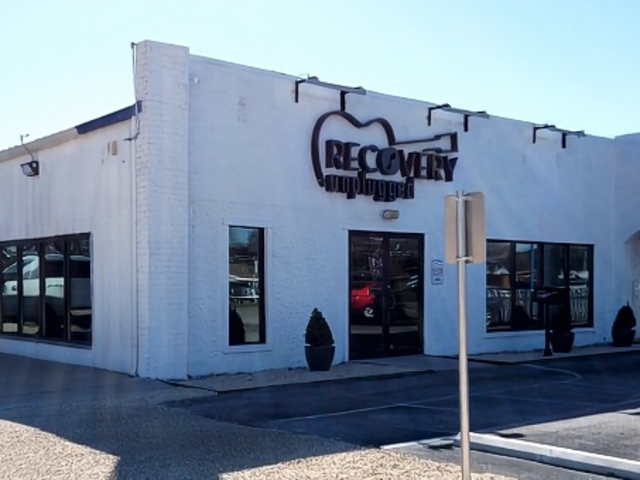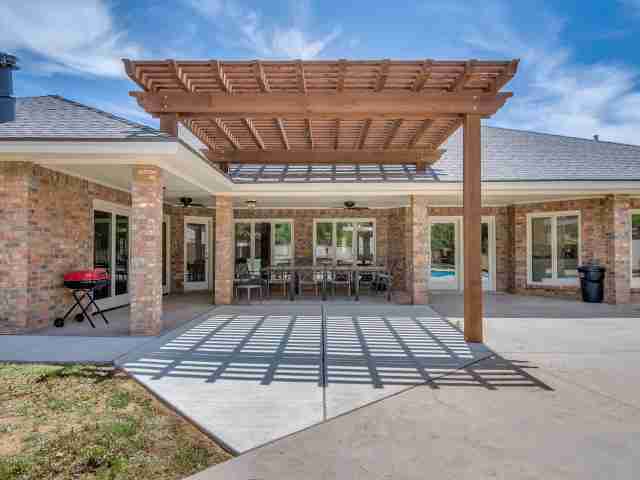More About Internet Addiction Treatment Centers
Internet addiction, also known as problematic internet use, includes excessive and uncontrollable internet usage that interferes with daily life, relationships, work, or school. Although it’s not officially recognized as a clinical disorder in the Diagnostic and Statistical Manual of Mental Disorders (DSM), it shares similarities with other forms of behavioral addiction.
What Is Internet Addiction?
Many people claim they live their lives online, but Internet addicts really do live online. People suffering from Internet addiction find it extremely difficult to log off. Online addiction can manifest itself in a variety of ways. Some people are addicted to Internet porn, while others have heavy online gambling problems. Still, others are addicted to gaming, often spending hundreds of hours a week in front of their monitors.
When going online means that you are no longer able to function normally offline, you probably have an Internet addiction. Although it has not yet been officially recognized as a psychiatric disorder, many psychiatrists and psychologists note that people who are “addicted” to the Internet may actually be suffering from other underlying psychological issues that are manifesting themselves in obsessive Internet use.
Internet addiction is often called Internet Addictive Disorder (IAD). People with this condition have several symptoms, including:
- Obsession with the internet: Constantly thinking about being online or planning how to spend more time online.
- Loss of control: Inability to limit or control the amount of time spent online.
- Neglecting responsibilities: Neglecting work, hobbies, or social activities to spend more time online.
- Withdrawal symptoms: Feeling restless, irritable, or anxious when not able to access the internet.
- Neglecting well-being: Poor personal hygiene, skipping meals, or neglecting proper sleep to spend more time online.
- Negative impact on relationships: Neglecting loved ones or having strained relationships due to excessive internet use.
- Compulsive behavior: Engaging in repetitive or compulsive online activities, such as excessive gaming, gambling, social media use, or shopping.
Causes and Risks of Internet Addiction
Internet use, like drugs, alcohol, and food, trigger the release of reward chemicals in the brain. Over time, you can become dependent on that chemical release, causing you to compulsively be online. More factors that might cause internet addiction include:
- Pre-existing mental health conditions: Depression, anxiety, obsessive-compulsive disorder (OCD), and attention deficit hyperactivity disorder (ADHD) can make you more susceptible to developing internet addiction.
- Personality traits: Certain personality traits, such as impulsivity, sensation seeking, and a tendency toward addictive behaviors, can increase the likelihood of developing internet addiction.
- Environmental factors: Factors such as a lack of parental supervision, family conflicts, or a home that encourages excessive internet use can contribute to the development of internet addiction, especially in children and adolescents.
- Escapism: You may turn to the internet to escape from real-life stressors and emotional difficulties. The online world can be a temporary distraction from personal issues, leading to excessive internet use.
Over time, chronic internet obsession can lead to a myriad of issues. You may have work or school challenges if you’re unable to focus and complete tasks because of your amount of internet use. You might isolate yourself, straining your relationships. You could also exacerbate any co-occurring disorders you have. And due to the amount of time spent online, your sedentary lifestyle can spur physical health problems, too.
Treating Internet Addiction
Treating Internet addiction typically involves a combination of therapeutic interventions, self-help strategies, and lifestyle changes. The first step will likely be a temporary break from internet use, or a digital detox. This detox can help you gain perspective, reset your habits, and reestablish a healthier relationship with technology.
You’ll engage in different forms of talk therapy, like cognitive behavioral therapy (CBT), to help you identify and change negative thought patterns and behaviors associated with your internet addiction. You can begin to change your behaviors by developing healthier coping strategies and improving self-regulation skills. Your therapist may also recommend that you join a support group, like Internet and Technology Addicts Anonymous, to learn from peers and build a recovery community.
Developing positive coping skills can help you deal with stress, uncomfortable emotions, and cravings that might trigger excessive internet use. With licensed professionals, you can learn different relaxation techniques, problem-solving strategies, stress management techniques, and emotional regulation skills.
Some people with internet addiction may need a more intensive level of care to help monitor and manage their symptoms. When talking to your doctor, consider discussing which level of care best fits your needs:
- Inpatient: You’ll live in a treatment center or hospital-like setting and have 24/7 monitoring.
- Partial hospitalization (PHP): You’ll meet 5-7 times a week for a full day.
- Intensive outpatient (IOP): You’ll meet 3-5x per week for several hours at a time for more intensive care.
- Outpatient (OP): You’ll meet 1-2x per week with your provider and others in treatment.
What Should I Look for in a Center?
The first Internet treatment center opened in 2009. Since then, many centers have become available to those seeking help. Inpatient centers are ideal because patients are in an environment where their Internet usage can be strictly controlled. When choosing the right addiction recovery program for internet addiction, you should focus on the following:
- Select a center that offers individualized plans. Internet addiction comes in many forms, and a detox and treatment plan that works for one person may not work for another.
- Find out exactly how the center’s detox program works. Because no actual drug needs to be removed from your system, the focus will be on a psychological detoxification process.
- Choose an inpatient Internet treatment center that offers individual counseling with certified mental health-care professionals.
- Select a center that will help you develop the life skills and coping mechanisms that you’ll need once you get back into the real, offline world.
Questions to Ask My Provider
Once you decide that you need professional treatment, talk to your primary care physician. They can give you an evaluation and referrals to specialists that can help. To navigate your different treatment options, you may want to discuss some important questions with your provider:
- How does a digital detox work?
- What coping strategies can I learn to manage my internet use?
- How often should I attend therapy sessions, and how long does each session typically last?
- Are there any potential co-occurring mental health issues that need to be addressed?
- What ongoing support is available through treatment and after treatment?
- Will I need to make any lifestyle changes or adjustments during treatment?
- How can I gradually reintegrate digital technology into my life in a balanced way?
If you or a loved one is ready to seek rehab for a substance use disorder, explore your options and reach out to a rehab center using our rehab directory tool today.













